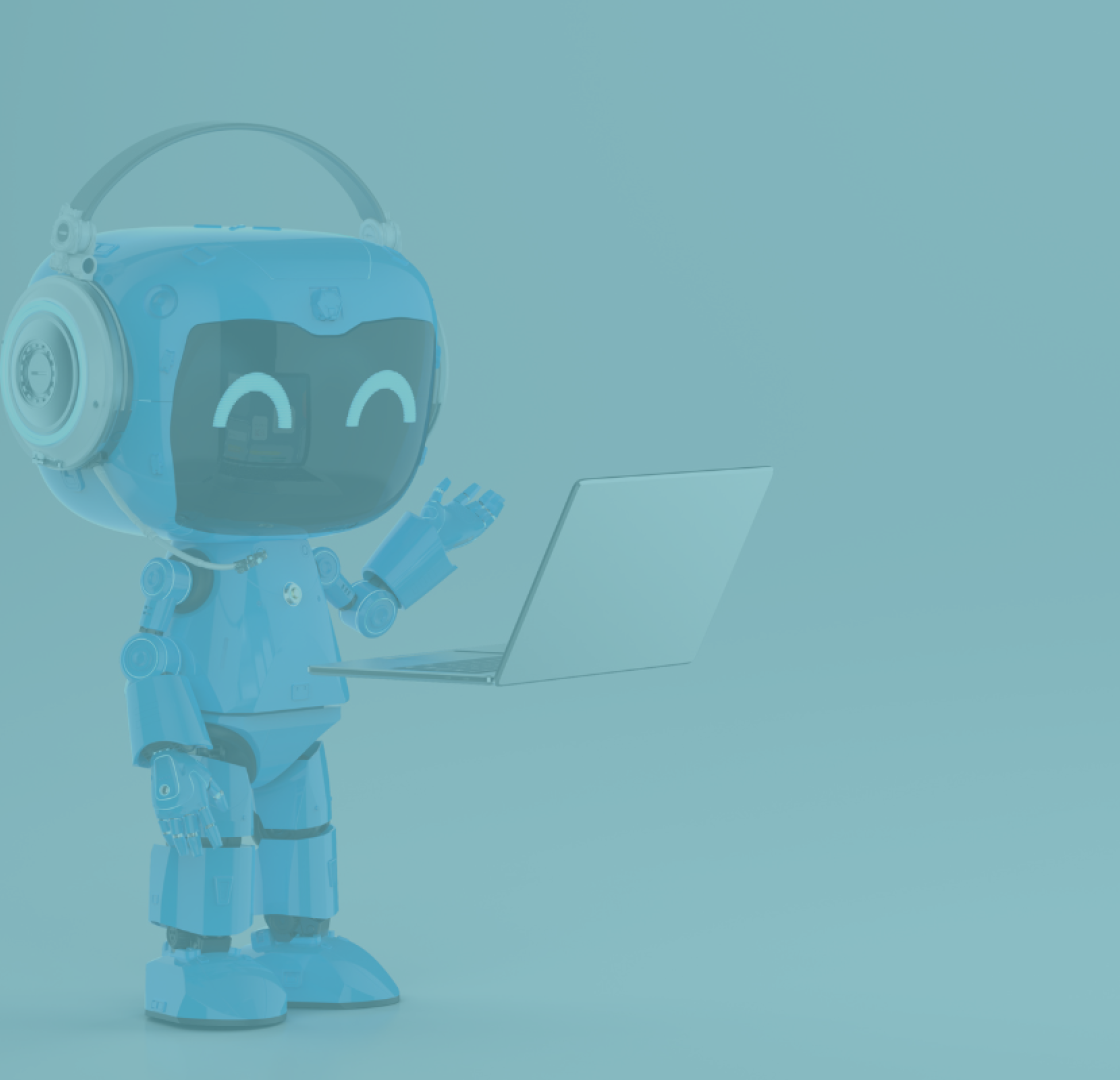One of our clients has been trialling Copilot for Microsoft 365 to increase their productivity for tasks that absorb a lot of their time such as data analysis, presentation creation, meeting summaries etc. It’s still early days for them but they believe it will deal with a lot of the heavy lifting and help improve productivity.
Our client’s experience so far is mixed. Comments we’ve heard include:
- very useful features for meeting agendas, summary, actions and so forth
- useful at getting answers to specific detailed queries, pulling data from multiple files held within their SharePoint repository.
- The natural language engine isn't as advanced as ChatGPT, and particularly memory of previous interactions is limited.
- For the AI to be able to properly interpret data, the information needs to be prepared and presented in a fairly structured way.
While it may take some time to understand how to get the best from Copilot and some further development by Microsoft to improve its functionality, our client can see that Copilot is going to bring about some useful productivity benefits for their operation.
CoPilot was previously Bing Chat which allows users of the Bing search engine to have conversations with an AI chatbot. Cortana was another Microsoft virtual assistant which was retired towards the end of 2023. So, we can see that CoPilot is the result of a continuous development path that is bound to continue given the huge investment that Microsoft have and continue to make.
Copilot is currently available as three separate products and available to Personal, Business and Enterprise customers.
- Microsoft Copilot Free Version is a general query engine much like ChatGPT. You need to use Microsoft Edge or Bing web browser and it draws information from the web in general. Feed it queries and you’ll get general answers.
- Copilot Pro, available via subscription, it’s a high priority version of the free Copilot and adds in some functionality from Bing Image Creator. Again, useful for general queries.
- Copilot for Microsoft 365, available via subscription for business use, it’s a much more specific tool that integrates into the Microsoft 365 Suite of applications
However, Microsoft CoPilot is not the only Generative AI tool in the market. The most widely known is ChatGPT, which can understand and generate text, including articles, essays, social media posts, code, and emails. It’s developed and provided by OpenAI and can respond to questions and provide clarification to its own replies. The free version limits the quantity of uses but can be upgraded to Pro for a monthly fee.
Gemini is available from Google (previously Bard) it has seamless integration with Google products, has strong multilingual capabilities and is tailored for improving workplace productivity by enabling collaborative workflows. There are free personal options as well as business licences.
There are also a whole range of other AI tools, some specializing in different areas. GitHub Copilot for example is another Microsoft AI tool used to help computer programmers to develop code. Another example is DALL-E, a text-to-image model that uses deep learning methodologies that has been developed by OpenAI.
But there are many others and here’s a few:- Cohere, Copy.ai, Claude AI, Hugging Face, Midjourney, Jasper AI, Inc., Character.ai, Chatsonic, Synthesia, AlphaCode, Anyword and Gemini.
We thought it might be fun to ask ChatGPT to give us a comparison of ChatGPT and CoPilot, the article was quite long but the answer included the following summary table:
Use Case Scenarios
|
Scenario |
Microsoft Copilot |
ChatGPT |
|
Iterative Task Refinement |
Weak: Requires full re-prompting each time. |
Strong: Retains context, enabling seamless iteration. |
|
Complex Data Queries |
Strong: Answers specific questions with detailed, accurate information |
Weak: less able / reliable dealing with technical specifics |
|
Long-Form Workflow (e.g., Draft + Revise) |
Limited: Needs full context for every new task. |
Strong: Builds on previous interactions within the same session. |
|
Ease of use |
Strong: assuming you’re embedded in the ecosystem |
Strong: natural language engine easy to use |
Since it draws data from the internet, one must verify the responses. Has ChatGPT “bigged” itself up? As a general summary, though, this seems to be in line with the findings by our client.
Generative AI offers transformative potential for businesses of all sizes. From OpenAI's versatile GPT models to Microsoft’s task-focused Copilot, each platform has unique strengths and limitations. By carefully aligning your business needs with the features of these tools, you can unlock unprecedented efficiency, creativity, and growth.
Here are a few tips for choosing the Right Generative AI for Your Business
- Business Goals: Are you focusing on text generation, data analysis, or visual content?
- Ecosystem Compatibility: Choose tools that integrate with your existing systems.
- Budget: Subscription and API costs vary widely between platforms.
- Scalability: Ensure the solution can grow with your business needs.
- Data Security: Evaluate how the platform handles sensitive business data.
Here’s an article we published in February 2024 where we discuss Microsoft Copilot and we ask - Why Wouldn’t You Use Copilot Pro?
https://www.flex.co.uk/news-insights/microsoft-ai-small-businesses
If you're considering using Microsoft Copilot but you’re not sure where to start please get in touch by giving us a call on 0333 101 7300 or complete the contact form here - https://www.flex.co.uk/contact-us
By the way – this article was NOT produced using an AI tool!
